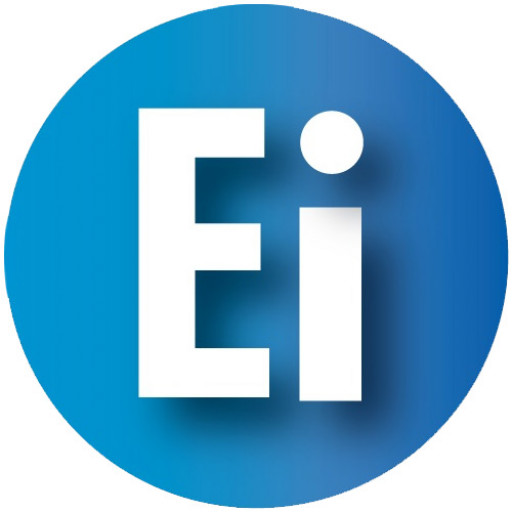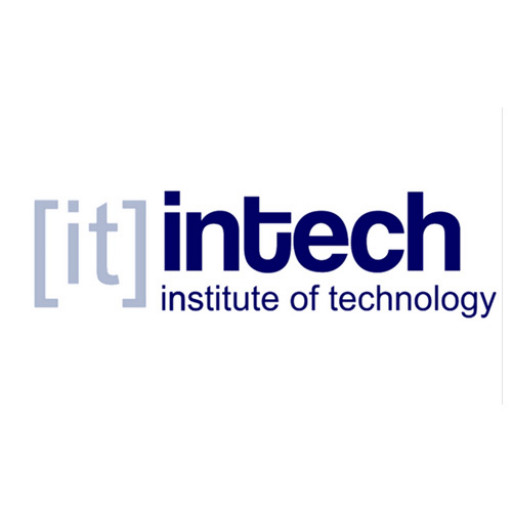This qualification provides an introductory summary of skills applied within the fashion industry. It includes skills utilised in the style and production of clothing and millinery, as well as in the evolution of unique fashion and fabric designs used in Indigenous Australian civilization. The eligibility is intended to employ in an extremely supervised context, such as VET in Schools, or alternative equivalent debut to fashion-industry environments.No occupational certification or licensing conditions exist during publication.
The Applied Fashion Design and Technology program at TAFE NSW is a comprehensive qualification that prepares students for a dynamic career in the fashion industry. This course combines practical skills with theoretical knowledge, enabling students to develop innovative fashion designs and bring them to production. Throughout the program, students gain hands-on experience in fashion sketching, textile selection, garment construction, and pattern making, ensuring they are well-equipped with the technical skills necessary for the modern fashion world. The curriculum emphasizes both creative creativity and technical precision, encouraging students to experiment with different fabrics, styles, and techniques to develop their unique design identity.
Students also learn about the latest fashion trends, consumer behavior, and sustainable practices within the industry, preparing them to meet the evolving demands of the market. The program offers opportunities to work with industry-standard software for fashion design, such as CAD programs, and provides access to state-of-the-art sewing laboratories and design studios. As part of their training, students undertake real-world projects, often collaborating with local fashion businesses and designers, which facilitates industry connections and enhances employability after graduation.
The course covers essential topics such as fashion illustration, pattern grading, garment fitting, and production management, giving students a broad understanding of the design-to-production process. Additionally, students develop skills in fashion entrepreneurship, learning how to launch their own labels or work successfully within existing fashion organizations. Throughout the program, there is a strong focus on sustainability, ethical sourcing, and innovative design methods to ensure graduates are ready to contribute responsibly to the fashion industry.
Graduates of the Applied Fashion Design and Technology program are prepared for diverse careers, including fashion designer, pattern maker, technical designer, clothing technologist, and production coordinator. They leave with a portfolio of professional-quality work that demonstrates their skills and style, opening doors to employment in Australia and internationally. Whether students aspire to create their own label or work within established fashion brands, this program provides a solid foundation in both the creative and technical aspects of fashion design and production.
Program Requirements:
To enroll in the Applied Fashion Design and Technology program at TAFE NSW, applicants must meet specific admission criteria. Generally, applicants are required to have completed Year 12 or equivalent secondary school qualifications. Prior knowledge or experience in fashion, design, or related fields can be advantageous but is not mandatory. International students must provide evidence of English language proficiency, such as an IELTS score of at least 5.5 overall, with no individual band less than 5.0, or equivalent. Additionally, applicants may be required to submit a portfolio demonstrating their interest or basic skills in fashion design and creativity, although specific portfolio requirements are not always mandatory. The program is suitable for individuals seeking to develop practical skills in fashion design, garment construction, and textile technology, as well as those aiming to understand fashion industry practices. It is recommended that applicants have access to basic computer skills, including familiarity with design software such as Adobe Photoshop or Illustrator, to fully engage with coursework. Additionally, applicants should possess good communication skills and a keen eye for detail. The program may include prerequisites such as foundational courses in business or marketing, depending on an applicant’s prior education or career intentions. Prospective students are encouraged to review the specific entry requirements outlined by TAFE NSW for the most accurate and updated information. Enrolled students should be prepared to undertake practical studio work, computer-aided design tasks, and industry placement components that are integral parts of the curriculum. Supporting documentation such as academic transcripts, identification documents, and language proficiency certificates will be necessary during the application process. Successful applicants will benefit from a comprehensive curriculum designed to enhance technical competencies, creative thinking, and industry-ready skills, preparing graduates for careers in fashion design, textile technology, or related fields within the fashion industry.
Financial assistance options for the Applied Fashion Design and Technology program at TAFE NSW include a range of government-subsidized and fee-for-service arrangements designed to support students in funding their education. Eligible students may access vocational education and training (VET) subsidies through schemes such as the NSW Fee Help program, which offers income-contingent loans to cover tuition fees, reducing the upfront costs of studying. Additionally, students may qualify for the Australian Apprenticeships incentives, which can include wage subsidies, training subsidies, and financial support for apprenticeships registered under the program.
TAFE NSW often collaborates with government initiatives such as the Smart and Skilled program, providing subsidized training for eligible learners, including school leavers, unemployed individuals, and those undertaking specific pathways to employment or further education. These subsidies significantly lower the cost of enrollment, making high-quality fashion design education accessible to a broader demographic. For students who are not eligible for subsidies or government assistance, fee-for-service options are available, allowing students to pay the full tuition fee upfront or through flexible payment plans arranged directly with TAFE NSW.
Scholarship opportunities are also available for students demonstrating academic excellence, financial hardship, or specific background criteria. These scholarships can provide partial or full tuition fee waivers, as well as support for related study expenses such as materials, equipment, and industry engagement activities. In addition, some students might explore external funding options, including private scholarships, employer-sponsored training programs, or community support initiatives.
Many students also finance their studies through part-time work, leveraging the flexible scheduling of TAFE NSW courses to balance employment and education commitments. The program’s industry-focused curriculum enhances employability, which can contribute to students’ ability to secure paid internships, placements, or part-time roles in the fashion design and manufacturing sector, further supporting their financial stability during their studies.
Overall, TAFE NSW provides comprehensive support and a variety of financing options tailored to meet diverse student needs, ensuring that financial barriers do not prevent capable individuals from accessing high-quality applied fashion design and technology education.
The Applied Fashion Design and Technology program at TAFE NSW offers students a comprehensive education in the core principles and practical skills required for a successful career in the fashion industry. This diploma program equips students with a solid understanding of fashion design, pattern making, garment construction, textile technology, and fashion industry practices. Throughout the course, students engage in hands-on projects that develop their creativity, technical abilities, and industry knowledge, preparing them for entry-level roles or further study in the fashion sector. The curriculum often includes modules on sustainable fashion, trend forecasting, and digital design tools, ensuring graduates are current with industry standards and innovations. TAFE NSW's strong industry connections provide students with opportunities for work placement, networking, and exposure to real-world fashion projects, which are essential for career development. The program emphasizes not only design skills but also understanding production processes, costing, and supply chain management, enabling students to grasp the full lifecycle of fashion products. With experienced instructors and state-of-the-art facilities, students gain practical experience in studio environments, pattern laboratories, and fashion show preparations. The course caters to those passionate about fashion and aiming to turn their creative ideas into professional products, whether aiming for fashion design, apparel manufacturing, or textile innovation. Graduates of this program are well-prepared to pursue careers in fashion design studios, manufacturing companies, or to start their own fashion labels. The program typically combines theoretical learning, practical projects, and industry engagement to produce well-rounded graduates ready for employment or further education in the vibrant and competitive fashion industry.







